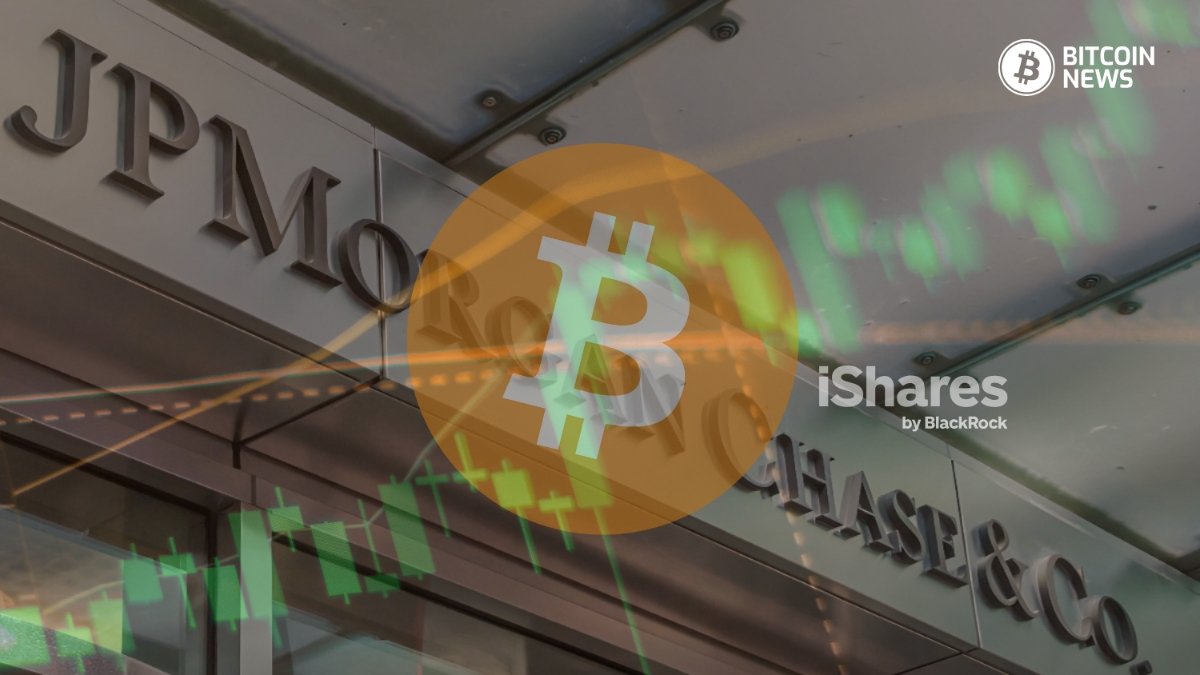JPMorgan Chase Expands Bitcoin Services
JPMorgan Chase, the largest U.S. bank and a global financial institution of immense power, is deepening its involvement in the cryptocurrency realm. The bank is set to permit wealthy clients to utilize shares of Bitcoin Exchange-Traded Funds (ETFs), particularly BlackRock’s iShares Bitcoin Trust (IBIT), as collateral for loans.
Accessing Collateral
According to a report by Bloomberg, JPMorgan will allow trading and wealth-management clients to secure financing using digital asset ETFs such as IBIT, following the same protocols generally applied to stocks, real estate, and even high-value consumer goods.
The service is scheduled to launch in the coming weeks, with the iShares Bitcoin Trust serving as the initial vehicle. IBIT, the world’s largest spot Bitcoin ETF holding over $70 billion in assets, continues to outperform competitors like Fidelity’s FBTC.
Broader Integration
JPMorgan’s updated policy extends beyond simple loan collateralization. The bank will now factor clients’ digital asset holdings into its calculations of net worth and liquidity assessments – similar to traditional asset appraisal methods used in evaluating loan repayment capacity.
This represents a significant shift from JPMorgan’s previous position. Prior to this change, the bank had only permitted Bitcoin ETFs as loan collateral on a case-by-case basis for selected clients.
Contradictions in Leadership
The bank’s apparent embrace of Bitcoin creates a striking contrast with its long-standing stance. JPMorgan CEO Jamie Dimon has historically been one of Bitcoin’s most vocal critics, repeatedly labeling the cryptocurrency a “pet rock” and expressing concerns over its potential use by criminals.
Despite Dimon’s public skepticism, the bank has recently signaled its support for client Bitcoin purchases. At the bank’s Investor Day, he noted, “I don’t think you should smoke, but I defend your right to smoke. I defend your right to buy bitcoin.”
Though Dimon personally doubts Bitcoin’s long-term value, JPMorgan appears to be actively courting clients interested in cryptocurrency, a move interpreted by some as stemming from competitive concerns regarding potential profits within the asset class.
Following Market Trends
This decision aligns JPMorgan with other large financial institutions increasingly offering services related to digital assets. Financial players including Fidelity, Grayscale (now owned by MicroStrategy), and Standard Chartered have previously introduced their own cryptocurrency-related offerings.
Key developments on Wall Street and regulatory shifts have spurred this institutional engagement. The SEC’s approval of Bitcoin ETFs in 2024 enabled mainstream investors to easily gain exposure to digital assets. More recently, the Federal Reserve’s withdrawal of guidance discouraging bank engagement with digital assets, coupled with confirmation that banks can custody customer Bitcoin by the Comptroller of the Currency, has materially improved institutional comfort levels with the asset class.












